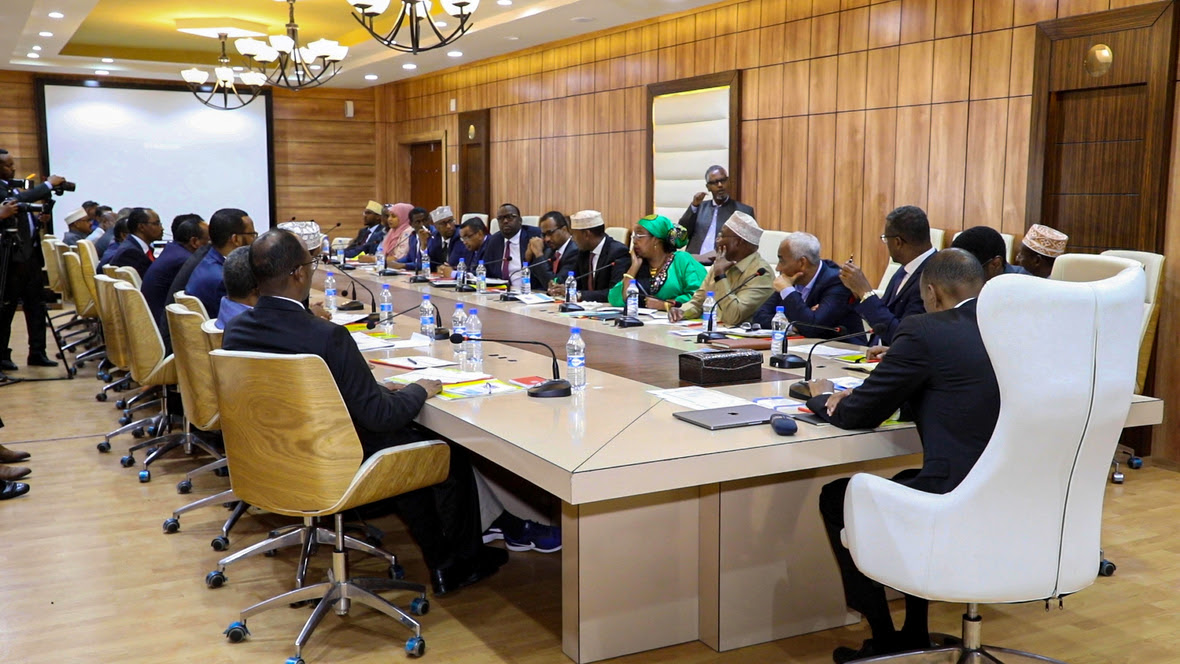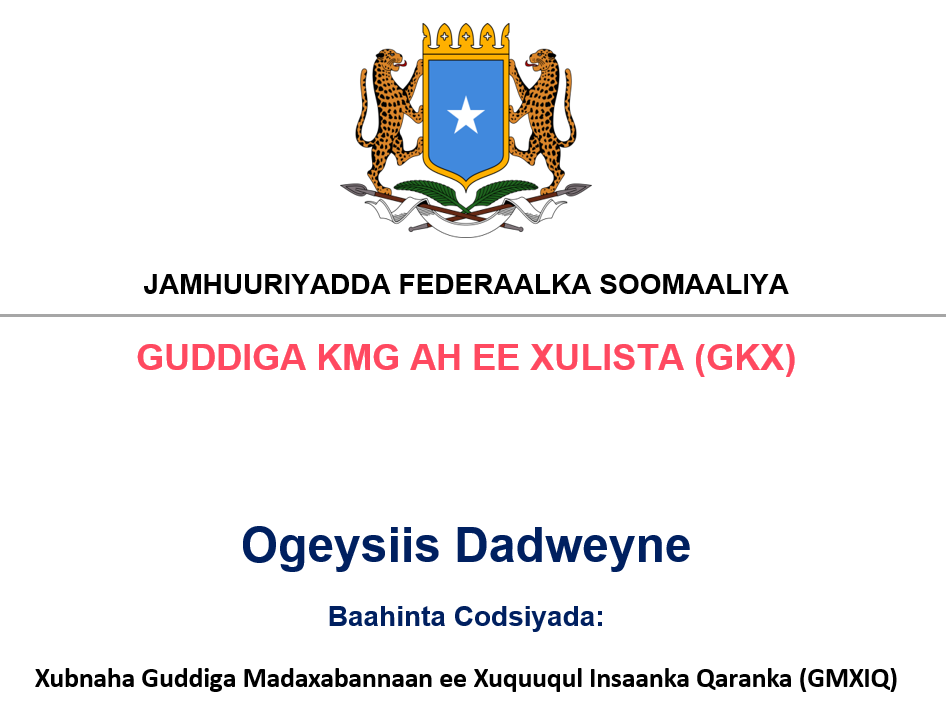The Cabinet of Federal Government of Somalia approved the National ICT and Strategy as the first ICT policy framework for Somalia.
The Policy is designed to support the goals of the National Development Plan, national roadmaps, and the broader vision of the Government of Somalia for leveraging ICT as a driver of economic and social development. Furthermore, the document aims at strengthening the central ICT co-ordination and increasing consistency and collaboration among public and private sectors working in the field.
The Policy’s broad areas of focus over the next five years include improving access and connectivity; domestic digital infrastructure; citizen/consumer protection; public e-services (e-government, e-health, e-business, e-agriculture and e-education), development of ICT ecosystem, and local content development.
Briefing the reporters after the endorsement, H. E. Abdi Ashur Hassan, Minister for Post, Telecom and Technology, said the policy was developed through an extensive and lengthy consultative process with all stakeholders, both local and international.
“We have a communications law, a regulator and ICT Policy and Strategy…that means the sector has now the legal and policy frameworks that would allow it to develop further and attract more investment,” said the minister.
Finally, the minister thanked the Cabinet for approving this policy; Federal Member States and other stakeholders for their feedback during the consultation process and to International Telecommunication Union (ITU) for their technical support in the development of this policy.
Chairing the Cabinet meeting, the Prime Minister, H. E Hassan Ali Khaire, called upon all government ministries and agencies, private sector and development partners to help in the implementation of this policy and make their ICT-related initiatives in line with this Policy and Strategy.












